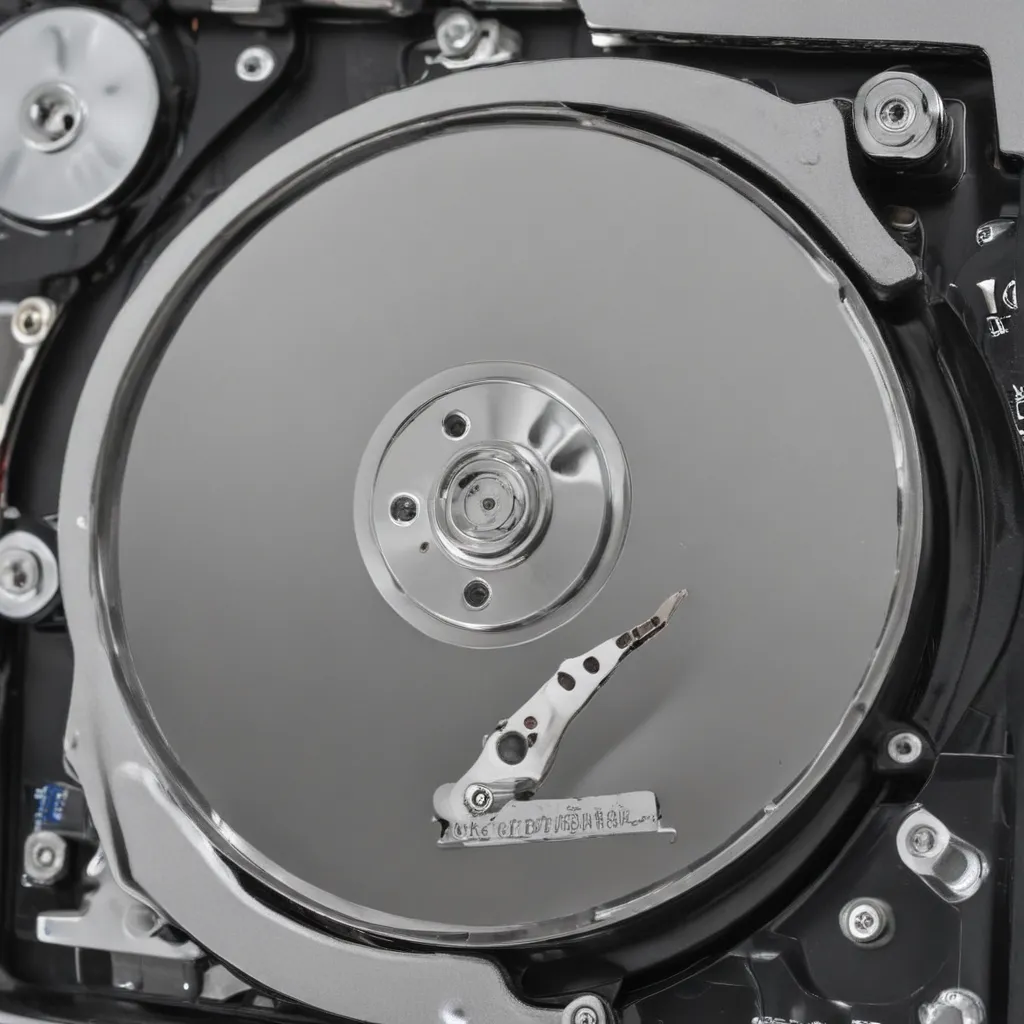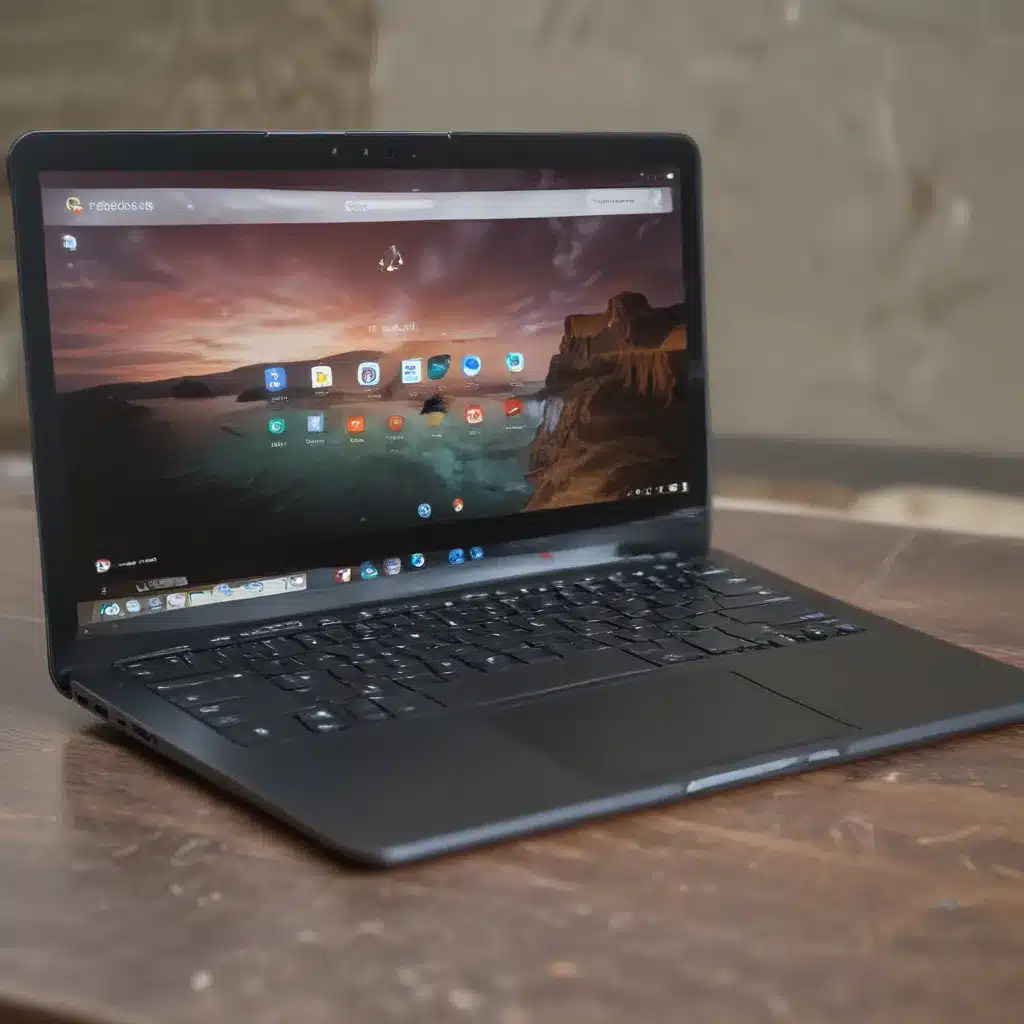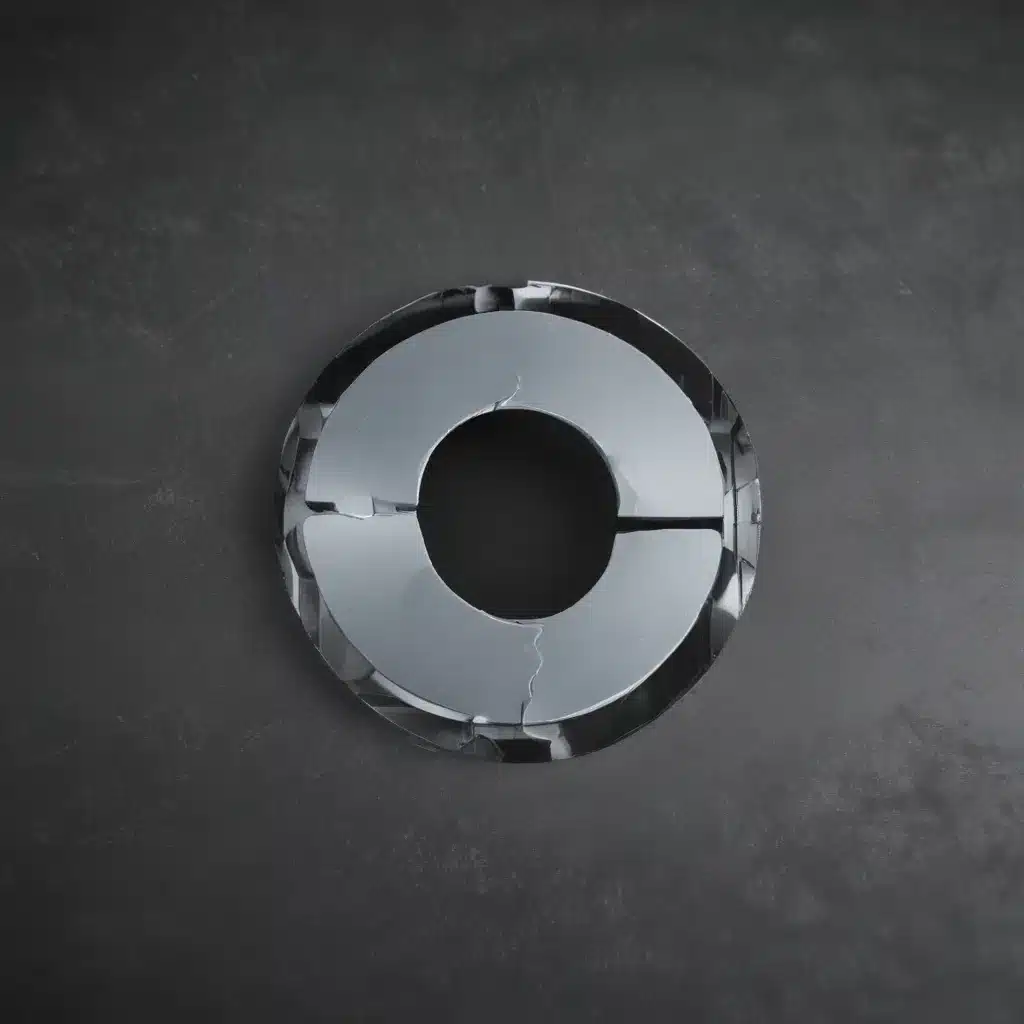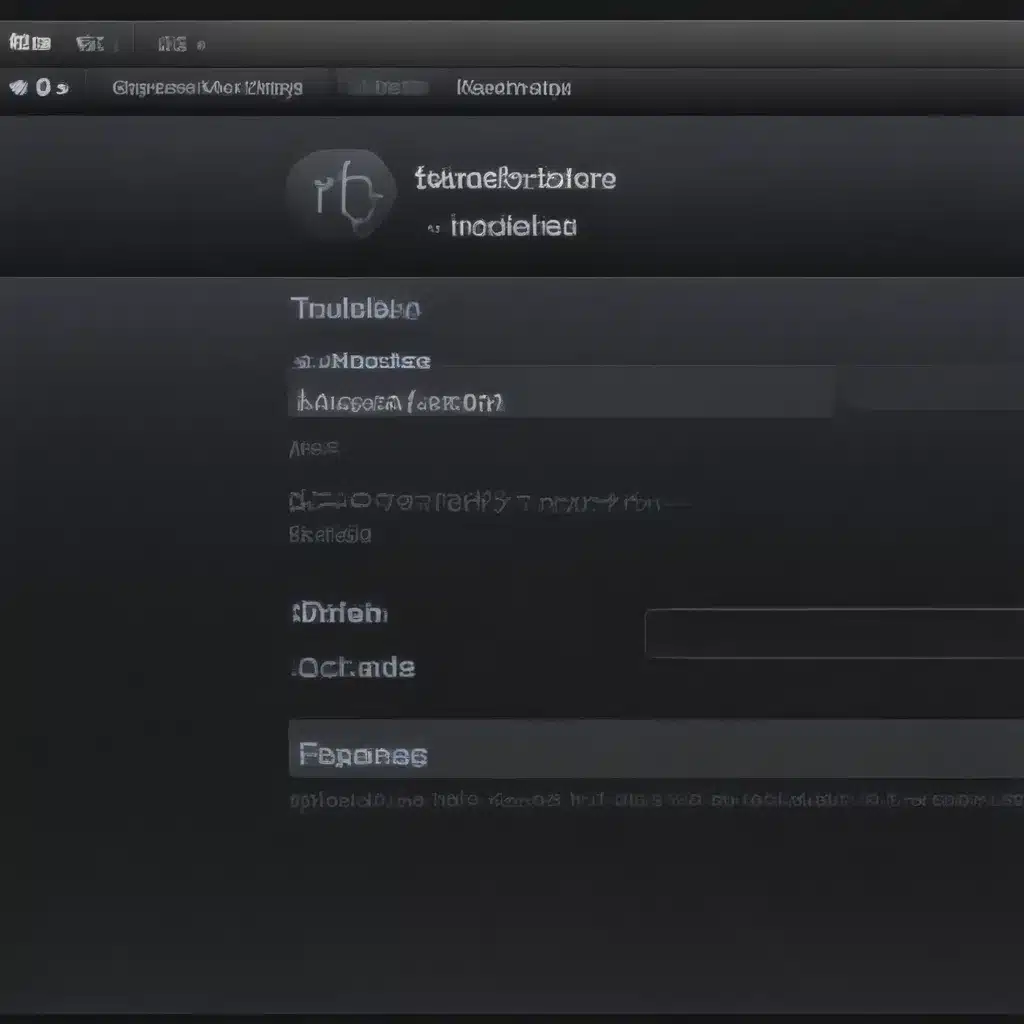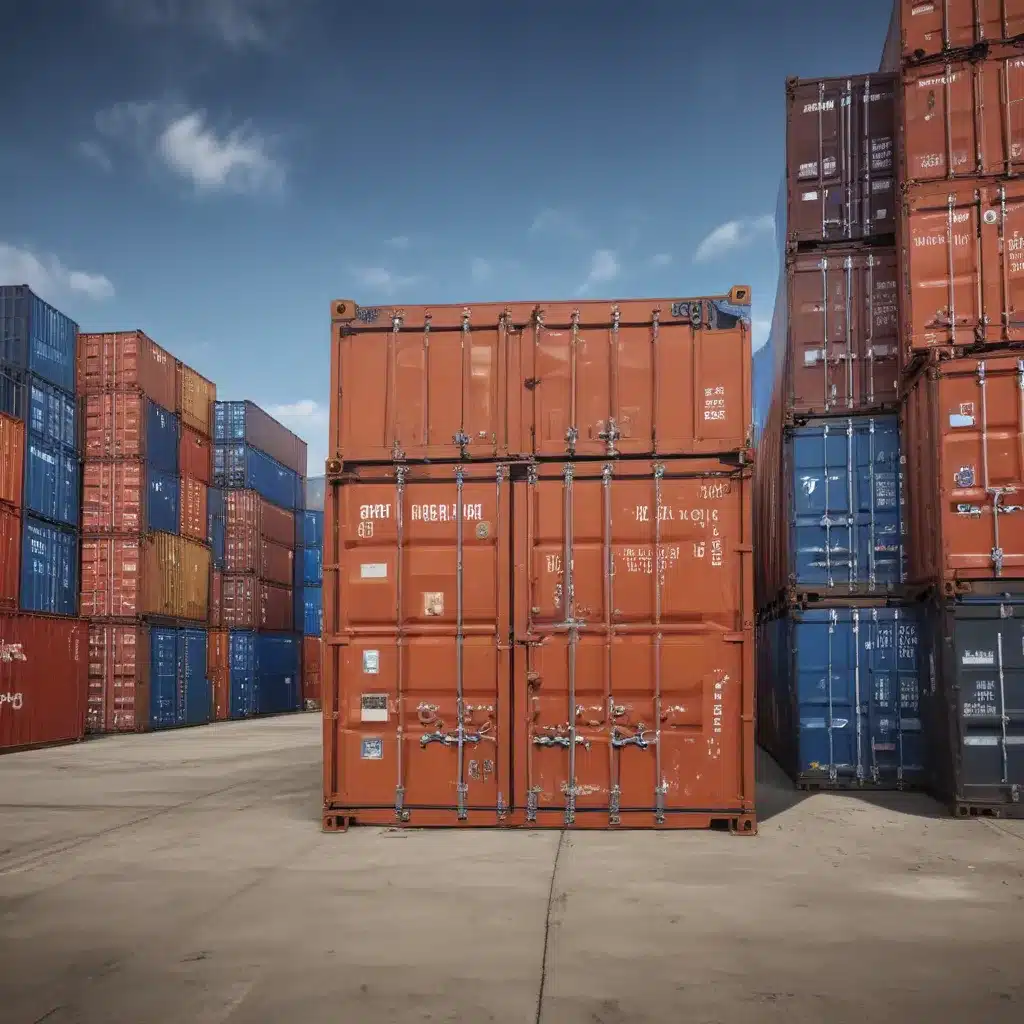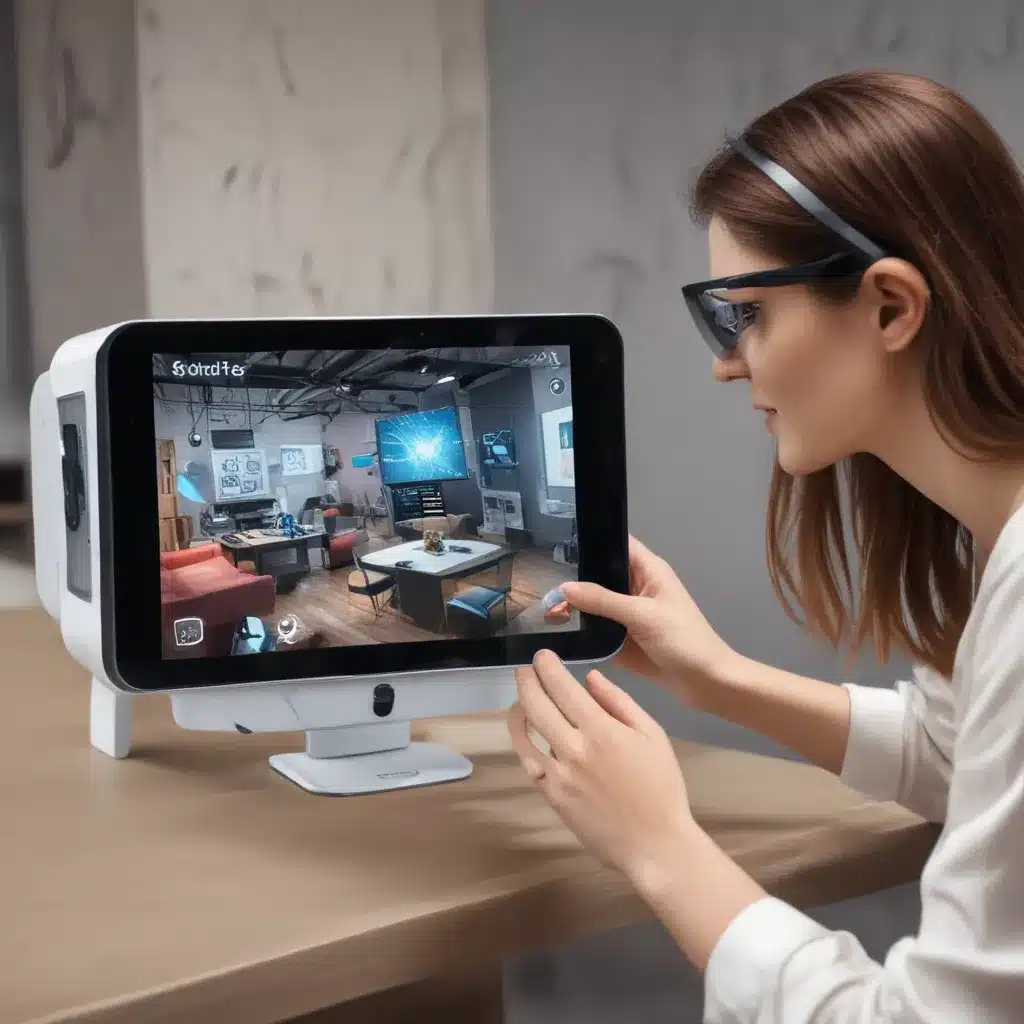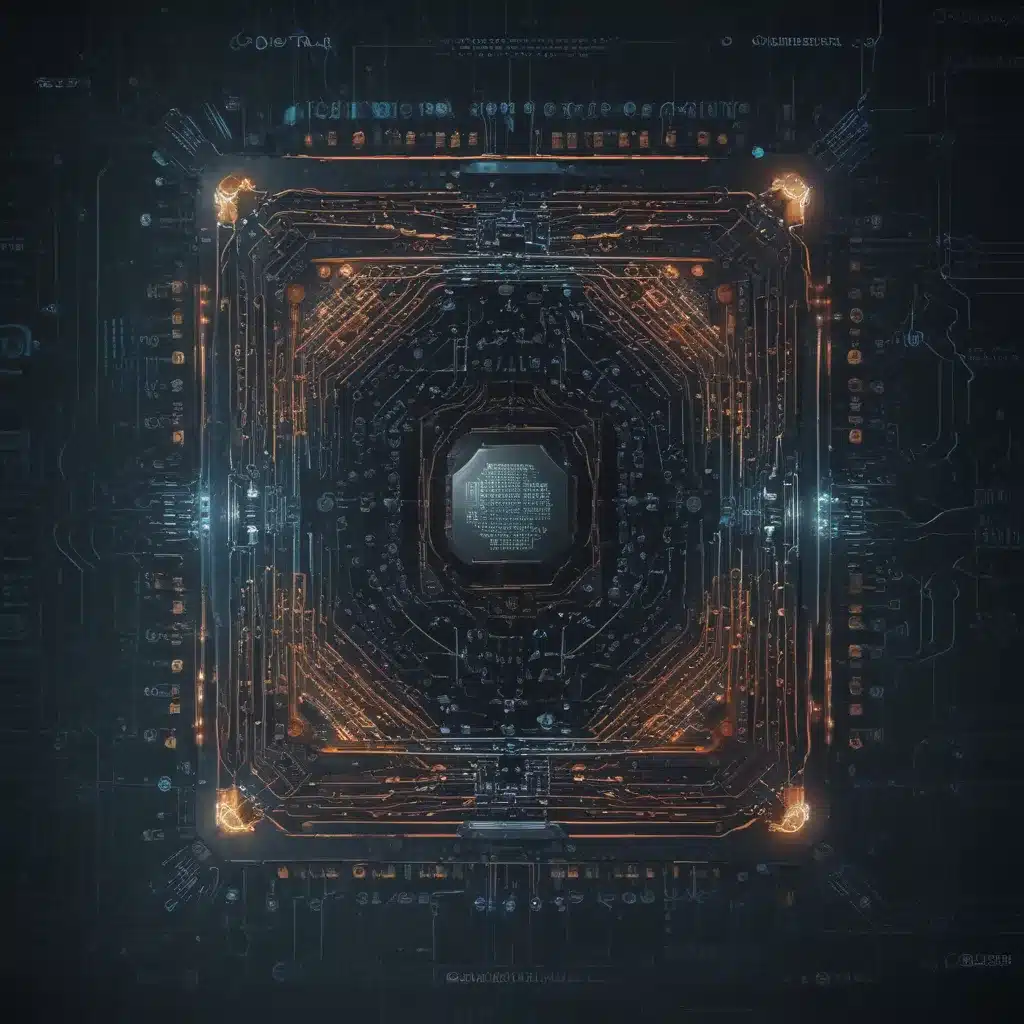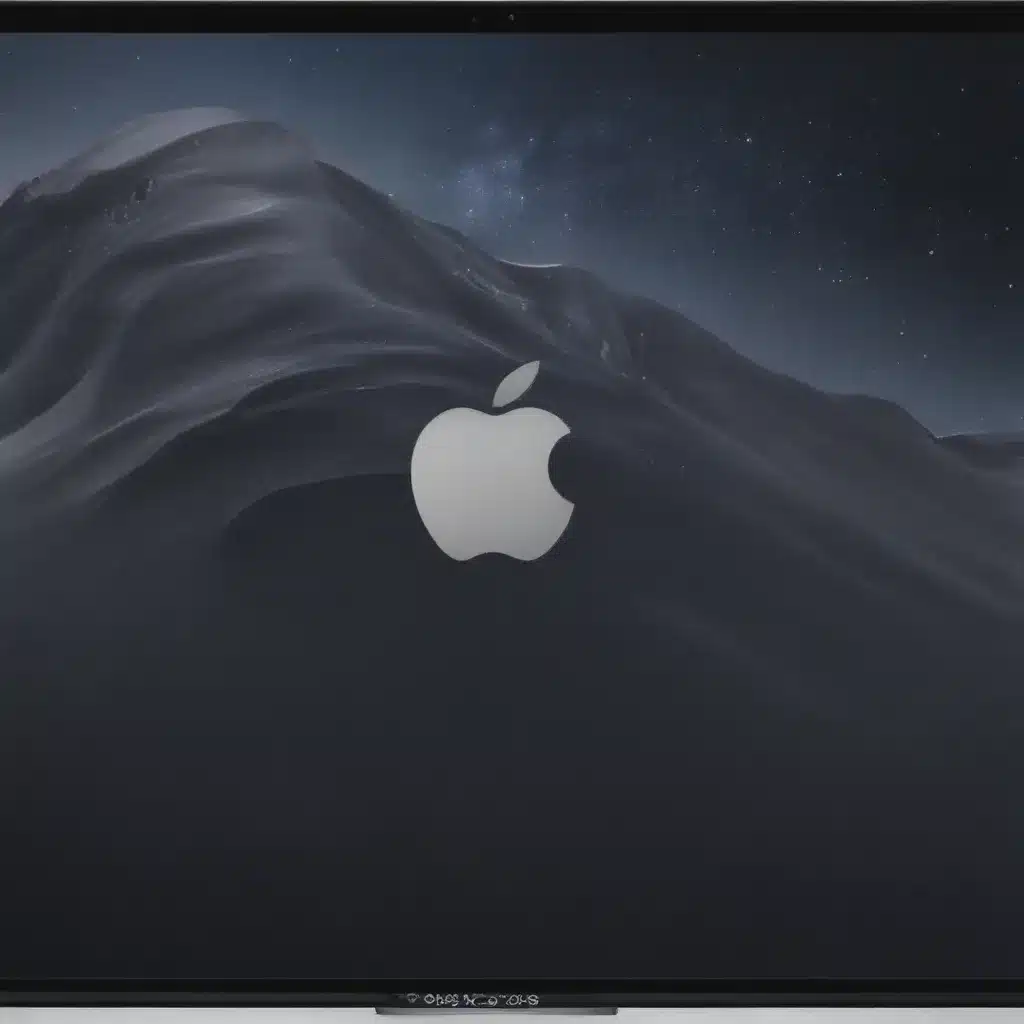Ah, the dreaded hard drive failure – it’s like a ticking time bomb just waiting to ruin your day. As someone who’s been there, let me tell you, it’s not a pretty sight. One minute you’re happily browsing the web, the next, your computer’s acting like a possessed demon, and you’re scrambling to save your precious data.
But fear not, my fellow tech-savvy friends! In this comprehensive guide, I’ll take you on a journey to uncover the telltale signs of a dying hard drive, so you can take action before it’s too late. Trust me, you don’t want to be the one frantically googling “data recovery specialists near me” from your smartphone because your laptop has become more useless than a boat anchor.
The Subtle Signs of Hard Drive Distress
Just like a car with a malfunctioning engine, your hard drive can start to show some subtle warning signs before it completely conks out. One of the most common indicators is a noticeable slowdown in your computer’s performance. [1] If you find yourself waiting an eternity for files to open or your system to boot up, it could be a sign that your hard drive is on its last legs.
Another telltale sign is the dreaded “missing file” scenario. [2] You know the drill – you’re searching for that important document or photo, and it’s just vanished into thin air. While there could be a host of reasons for this, a failing hard drive is often the culprit. It’s like your computer’s version of the old “dog ate my homework” excuse.
The Ominous Sounds of Impending Doom
Have you ever heard your hard drive making strange noises, like a deep, guttural groan or a high-pitched whine? [2] If so, it might be time to start preparing for the worst. These sounds are often a sign of mechanical failure within the drive, and they usually spell trouble.
Imagine your hard drive is a well-oiled machine, and those noises are its way of screaming, “Hey, buddy, I’m not feeling so hot!” It’s like your car’s engine suddenly starts making a concerning rattling sound – you know something’s not right, and it’s time to get it checked out.
The Dreaded Blue Screen of Death
If your computer is repeatedly crashing and displaying the infamous Blue Screen of Death (BSOD), it could be a clear indication that your hard drive is on its last legs. [3] The BSOD is the ultimate sign of trouble, like a giant neon sign flashing “WARNING: IMPENDING DISASTER!”
Imagine you’re driving down the road, and suddenly your car’s dashboard lights up like a Christmas tree. That’s the digital equivalent of the BSOD – it’s your computer’s way of telling you, “Hey, buddy, I’m about to conk out, and there’s nothing I can do to stop it.”
The Power of SMART Testing
Now, you might be thinking, “But how do I know for sure if my hard drive is failing?” Well, my friend, that’s where the magic of SMART (Self-Monitoring, Analysis, and Reporting Technology) comes into play. [2]
SMART is like a built-in health monitor for your hard drive, constantly checking for any signs of trouble. It’s like having a personal physician for your computer, keeping a close eye on its vital signs and sounding the alarm when something’s not right.
So, how do you check your SMART status? On Windows 10, it’s as easy as typing “cmd” into the search bar, opening the Command Prompt, and typing “wmic diskdrive get status.” [3] If the status reads “Pred Fail,” that’s a clear sign your hard drive is on its way out. Time to start planning for a replacement, my friend.
Taking Proactive Steps
Now that you know the warning signs, it’s time to take action. The best way to protect your data is to regularly back it up. [6] Think of it like having a spare tire for your car – you never know when you’ll need it, but it’s always better to have it just in case.
You can use an external hard drive or a cloud-based storage service to keep your files safe and sound. [6] It’s like having a superhero sidekick for your computer, ready to swoop in and save the day when your main hard drive decides to take an early retirement.
And let’s not forget about regular maintenance. [7] Just like your car needs an oil change every so often, your hard drive needs a little TLC to keep it running at its best. Try using a tune-up tool like AVG TuneUp to keep your drive clean and healthy. [7] It’s like giving your computer a spa day, leaving it feeling refreshed and ready to tackle whatever life throws its way.
The Bottom Line
Remember, my fellow tech-savvy friends, hard drive failure can strike at any moment, without any warning. [1] It’s like a sneaky ninja, waiting in the shadows to pounce on your unsuspecting computer.
But with the knowledge you’ve gained from this guide, you’ll be armed and ready to spot the signs of a failing hard drive before it’s too late. So, keep an ear out for those ominous sounds, keep an eye on your SMART status, and never forget the power of regular backups and maintenance.
And if all else fails, don’t be afraid to reach out to the experts at your local computer repair service. [8] They’ve seen it all before, and they’re there to help you get your data back and your computer running like new.
Happy computing, my friends, and may your hard drives live long and prosper!
[1] https://www.reddit.com/r/YouShouldKnow/comments/qhein4/ysk_your_hard_drivessd_can_predict_when_its_going/
[2] https://hdsentinel.com/blog/signs-of-hard-drive-failure
[3] https://www.avg.com/en/signal/hard-drive-failure-signs-and-test
[4] https://www.gophermods.com/signs-your-computer-hard-drive-is-failing-and-if-you-need-a-replacement-and-what-to-do/
[5] https://drivesaversdatarecovery.com/hard-drive-failure/
[6] https://www.recordnations.com/articles/hard-drive-dying/
[7] https://www.makeuseof.com/tag/5-signs-hard-drive-lifetime/
[8] https://www.techslang.com/what-is-hard-drive-failure-signs-causes-and-fixes/

